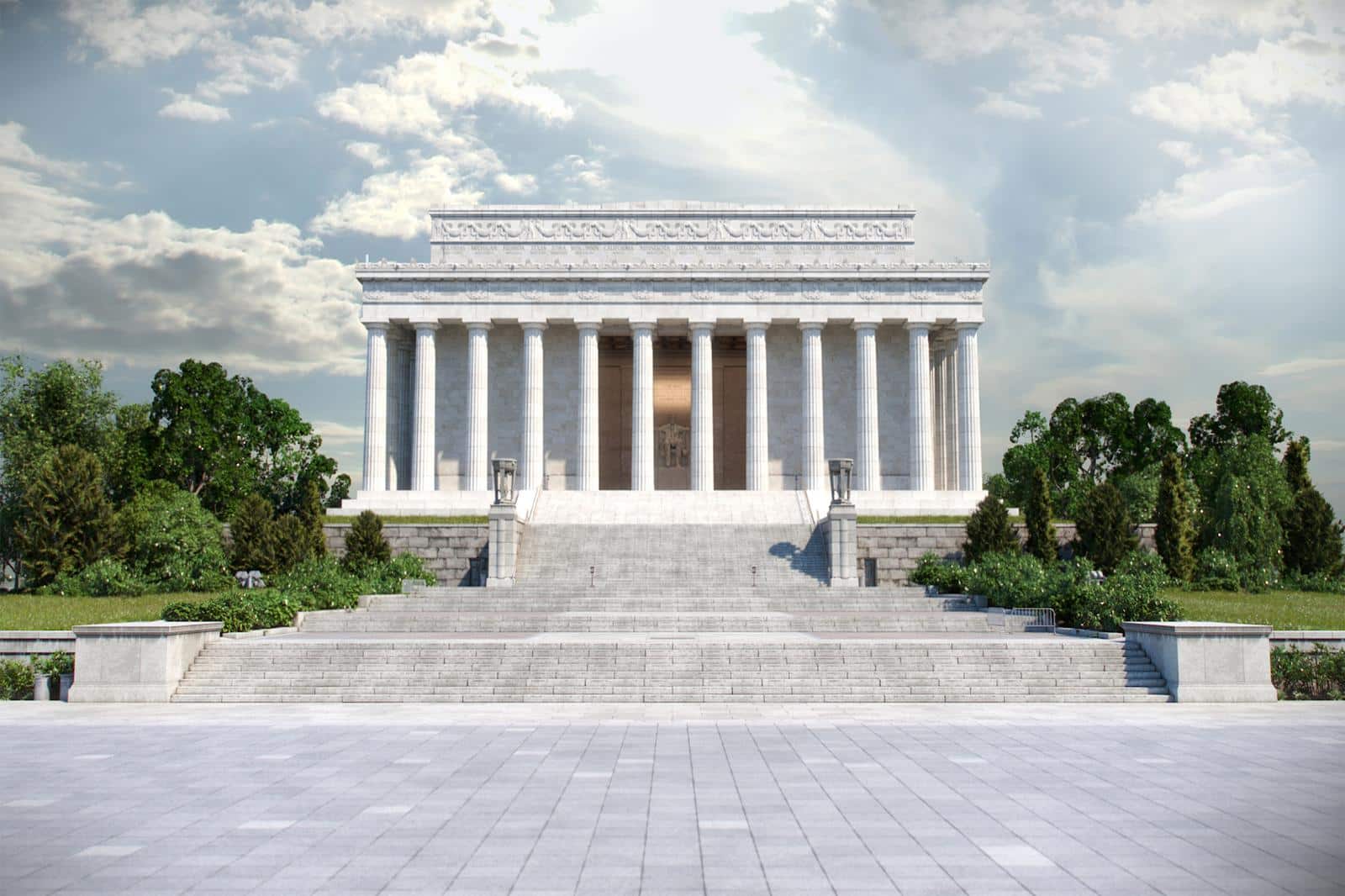Exclusionary Rule
The Fourth Amendment to the U.S. Constitution provides, “The right of the people to be secure in their persons, houses, papers, and effects, against…
This encyclopedia provides a comprehensive reference explaining the major concepts, institutions, court cases, epochs, personalities, and policies that have shaped, or been shaped by, American federalism. It describes federalism’s creation and evolution, and its influence on local, state, and national governmental institutions, procedures, and policies. The models used to explain the various historical eras in the development of federalism are also included. Originally published by Greenwood Press in 2005, this encyclopedia contained over 400 entries relating to American federalism. In its current online form, entries are being added and old ones updated. See more…

The Fourth Amendment to the U.S. Constitution provides, “The right of the people to be secure in their persons, houses, papers, and effects, against…
As the first Republican president since Herbert Hoover, Dwight D. Eisenhower (1890–1969) saw it as his responsibility to peel back what he perceived as…
Burbank v. Lockheed Air Terminal (1973) concerns an ordinance passed by the City of Burbank, California, prohibiting jet aircraft from taking off from the city’s…
Brown v. Board of Education of Topeka, Kansas, the landmark 1954 Supreme Court case that pronounced state-mandated segregation in public schools unconstitutional, was a…
ohn Marshall Harlan, the grandson of the associate justice of the Supreme Court of the same name, was born on May 20, 1899, in Chicago. A…
Congress approved the Fifteenth Amendment in February 1869, and the required number of states ratified the amendment by March 1870. The amendment prohibited discrimination…
On May 18, 1896, little more than three decades after the end of the Civil War, a majority of the U.S. Supreme Court ruled…
Bronson v. Kinzie (1843) involved an 1825 Illinois law under which property owners could redeem land they sold within twelve months by repaying the…
Roger Brooke Taney (1777–1864) was the fifth chief justice of the United States. Although he was one of our most intelligent and able jurists,…
Appointed to the U.S. Supreme Court by President Richard M. Nixon, William H. Rehnquist served as associate justice from 1972 until 1986, when President…
Warren Earl Burger was born on September 17, 1907, in St. Paul, Minnesota. He graduated from St. Paul College of Law (now called the…
Louis D. Brandeis was born on November 13, 1856, in Louisville, Kentucky. He studied at Harvard Law School and later began a law practice…
Categorical grants comprise the bulk of activity in the federal grant-in-aid system, both in terms of the number of programs and the amount of…
365 to 377
|
481 Results
The Center for the Study of Federalism (CSF) is a nonpartisan, interdisciplinary research and education institution dedicated to supporting and advancing scholarship and public understanding of federal theories, principles, institutions, and processes as practical means of organizing power in free societies.
All of the CSF Fellows hold advanced degrees, are affiliated with academic institutions, and are scholarly experts in their fields. For more on each Fellow see CSF Fellows.
Most political and public issues in the United States are influenced to some extent by its federal system. Yet many do not understand that system. The CSF website seeks to foster a better understanding among the general public and scholars of federal governing systems generally and, specifically, of the federal system of government in the United States of America.
The CSF materials are free to use for educational purposes. If published, please acknowledge CSF as the source. If you intend to use these materials for profit, please, contact the Center for the Study of Federalism for permission. Some materials on the website are not owned by CSF and permission to use those materials should be sought with those holding legal title to the material.
Click here to sign-up to receive notifications about CSF materials and events. We will not share your email with any outside organizations or individuals.
Please direct all questions and comments related to this website, and inquiries about the research and teaching grants and awards, to us here. Remember CSF is a nonpartisan, interdisciplinary research and education institution.